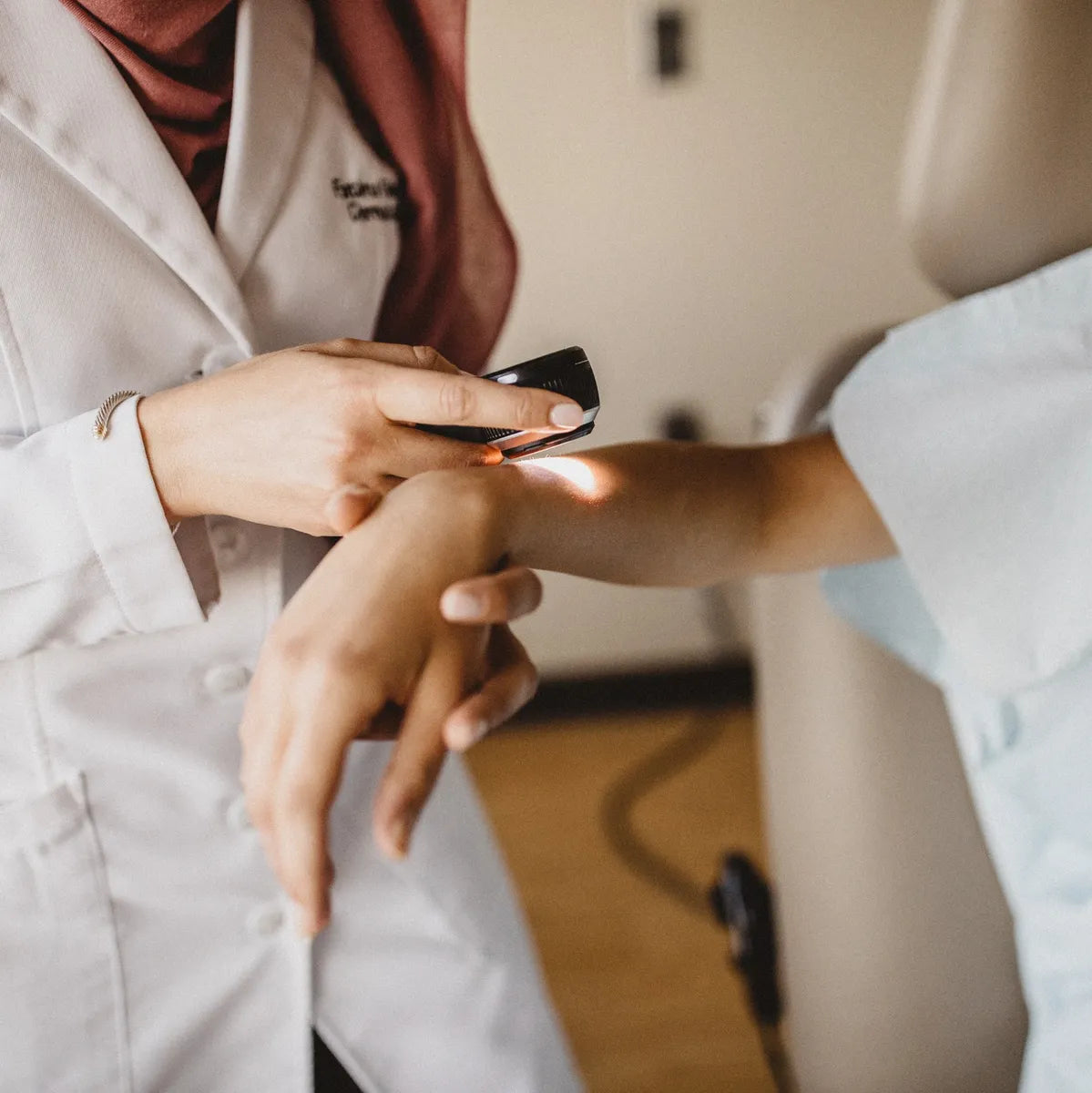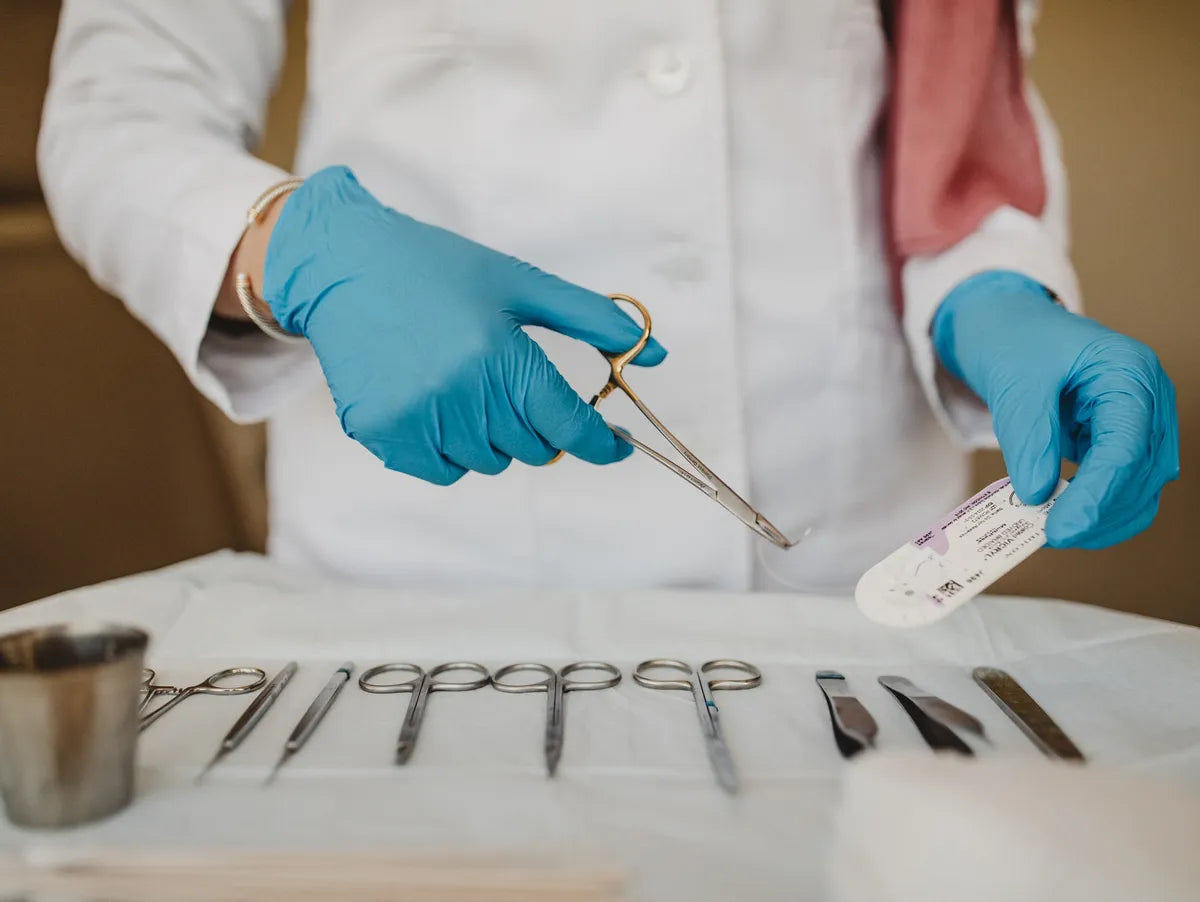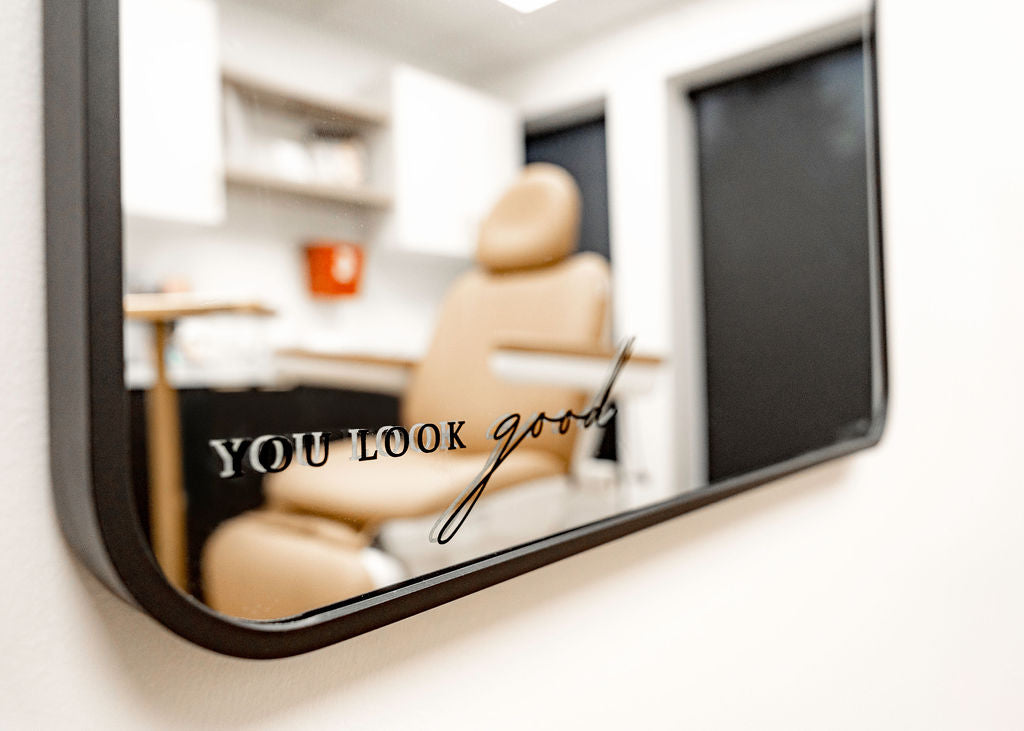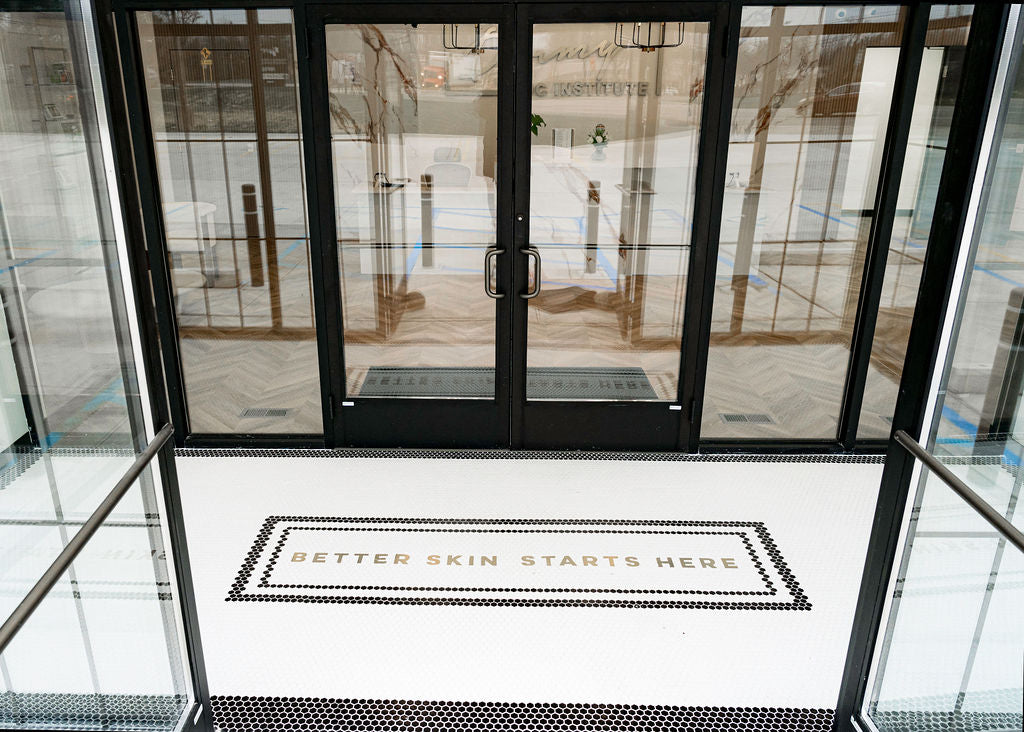Skin cancer is the most common cancer in the United States, but early detection can save lives. A full-body skin exam performed by a board-certified dermatologist is one of the most effective ways to detect skin cancer early when it’s most treatable.
Key Statistics About Skin Cancer
1 in 5 Americans will develop skin cancer by the age of 70.
1 in 5 Americans will develop skin cancer by the age of 70.
Over 9,500 people in the U.S. are diagnosed with skin cancer every day.
Over 9,500 people in the U.S. are diagnosed with skin cancer every day.
Melanoma, the deadliest form of skin cancer, has a 99% five-year survival rate when detected early.
Melanoma, the deadliest form of skin cancer, has a 99% five-year survival rate when detected early.
Having more than five sunburns doubles your risk of developing melanoma.
Having more than five sunburns doubles your risk of developing melanoma.
Taking the time for a skin cancer screening could save your life.
Taking the time for a skin cancer screening could save your life.
Use this section to answer a question, provide product information, or talk about your brand.
Warning Signs of Skin Cancer:
These are known as the ABCDEs of melanoma and can help you monitor your skin between professional exams.
- New or changing moles: Any spot that looks different from others or is changing in size, shape, or color.
- Asymmetry: One half of a mole does not match the other half.
- Border irregularity: Edges are notched, uneven, or blurred.
- Color variations: Shades of black, brown, tan, or even red and blue in a single lesion.
- Diameter larger than a pencil eraser: Spots larger than 6mm should be checked.
- Evolving features: Any spot that changes over time in size, color, or symptom (e.g., itching, bleeding).
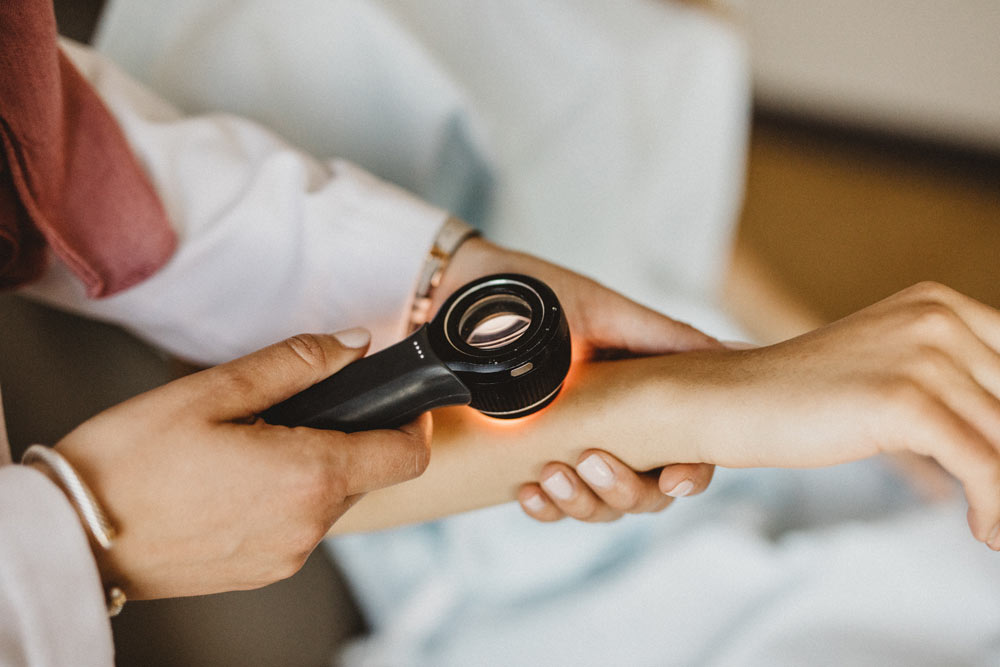
Why See a Board-Certified Dermatologist?
While self-checks are important, they are not enough.
Book AppointmentHere’s why seeing a dermatologist is essential:
-
Expertise in detection
Board-certified dermatologists are trained to identify even subtle signs of skin cancer.
-
Access to advanced tools
Technologies like dermoscopy allow dermatologists to examine spots more closely than the naked eye.
-
Full-body evaluation
A dermatologist can examine areas of your skin that are difficult for you to see, such as your scalp, back, and soles of your feet.
-
Personalized care
Dermatologists provide guidance on your unique skin type, sun exposure habits, and family history to develop a tailored plan for skin health.
What to Expect During a Full-Body Skin Exam
Dr. Fahs will carefully examine your skin from head to toe, including areas you might not think about, such as your scalp and nails.
If any suspicious spots are found, Dr. Fahs may recommend monitoring the area or taking a biopsy for further evaluation.
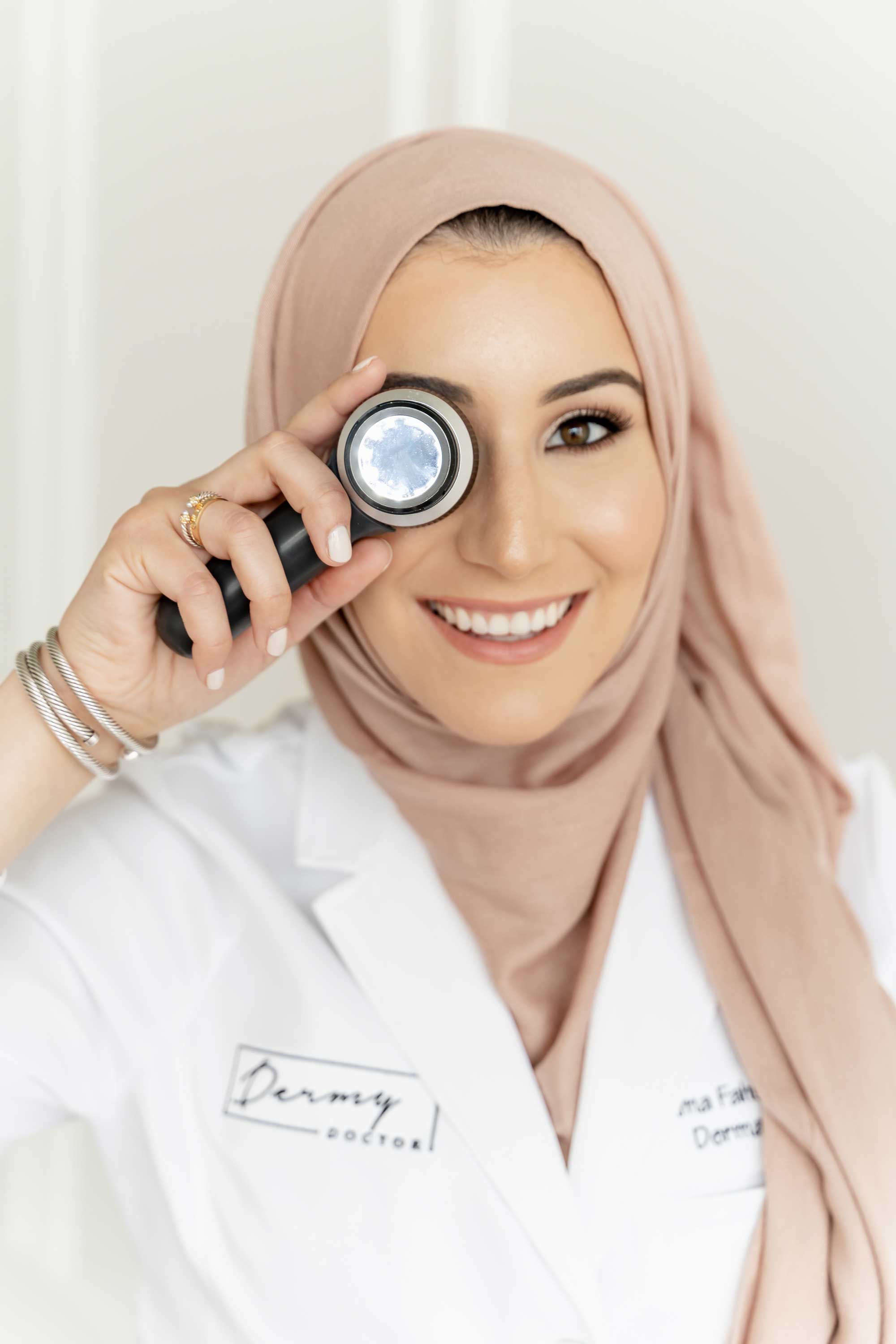
Top Dermy Doc Institute Treatments

